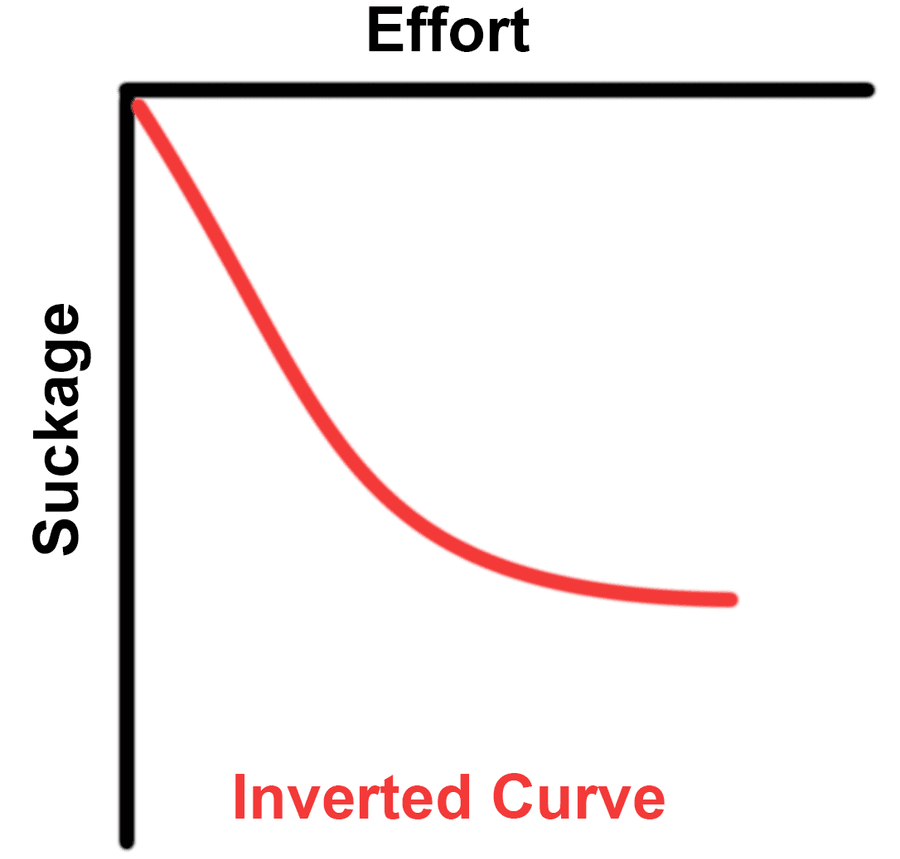The Goal Gradient Hypothesis
The Goal Gradient hypothesis states that we push harder or are motivated to exert more by the fact that the goal is almost within reach.
The knowledge that the desired outcome or reward is almost attained is a ‘pull factor’ in our effort.
181
882 reads
CURATED FROM
IDEAS CURATED BY
A lot of problems would disappear if we talked to each other more than talking about each other.
The idea is part of this collection:
Learn more about personaldevelopment with this collection
Navigating and enjoying the thrill of horror and scare experiences
Historical knowledge of Halloween and its origins
Understanding and appreciating Halloween traditions worldwide
Related collections
Similar ideas to The Goal Gradient Hypothesis
Offering Free Bonus Points
Studies show that if a person is offered a bonus reward or push, he or she is more likely to complete the goal as he has been provided with a further incentive and help to reach a stage where his reward is within his sights.
The Inverted Curve
Here, effort and reward have a negative correlation—that is, the more effort you put into doing something, the more you will fail to do it.
Effort and reward have a linear relationship when the action is mindless and simple. Effort and reward have a diminishing returns relationship when th...
The "Buy Ten Get One Free" Line
Marketers use this to nudge us towards buying a certain product or service, providing us with a goal that is almost within our grasp.
Example: When enrolled in a buy ten get one free coffee program, the person who has just one coffee to complete ten, is motivated...
Read & Learn
20x Faster
without
deepstash
with
deepstash
with
deepstash
Personalized microlearning
—
100+ Learning Journeys
—
Access to 200,000+ ideas
—
Access to the mobile app
—
Unlimited idea saving
—
—
Unlimited history
—
—
Unlimited listening to ideas
—
—
Downloading & offline access
—
—
Supercharge your mind with one idea per day
Enter your email and spend 1 minute every day to learn something new.
I agree to receive email updates

